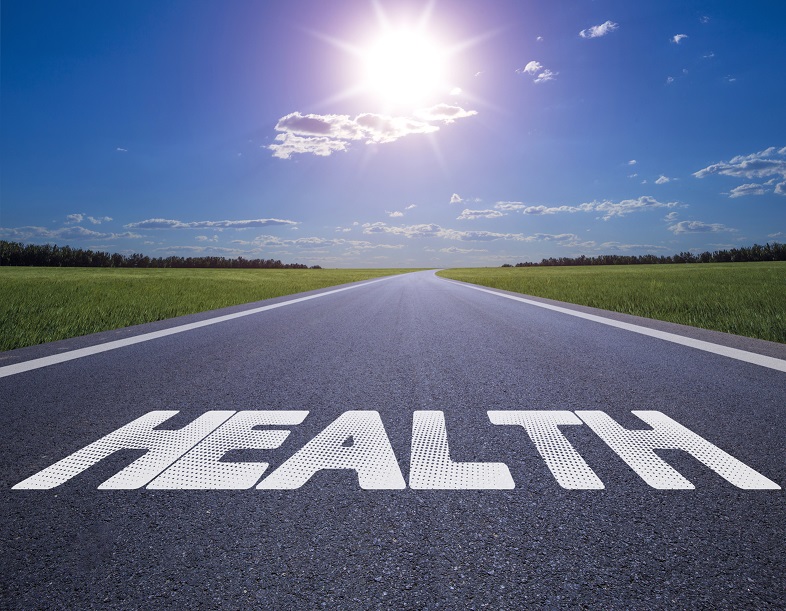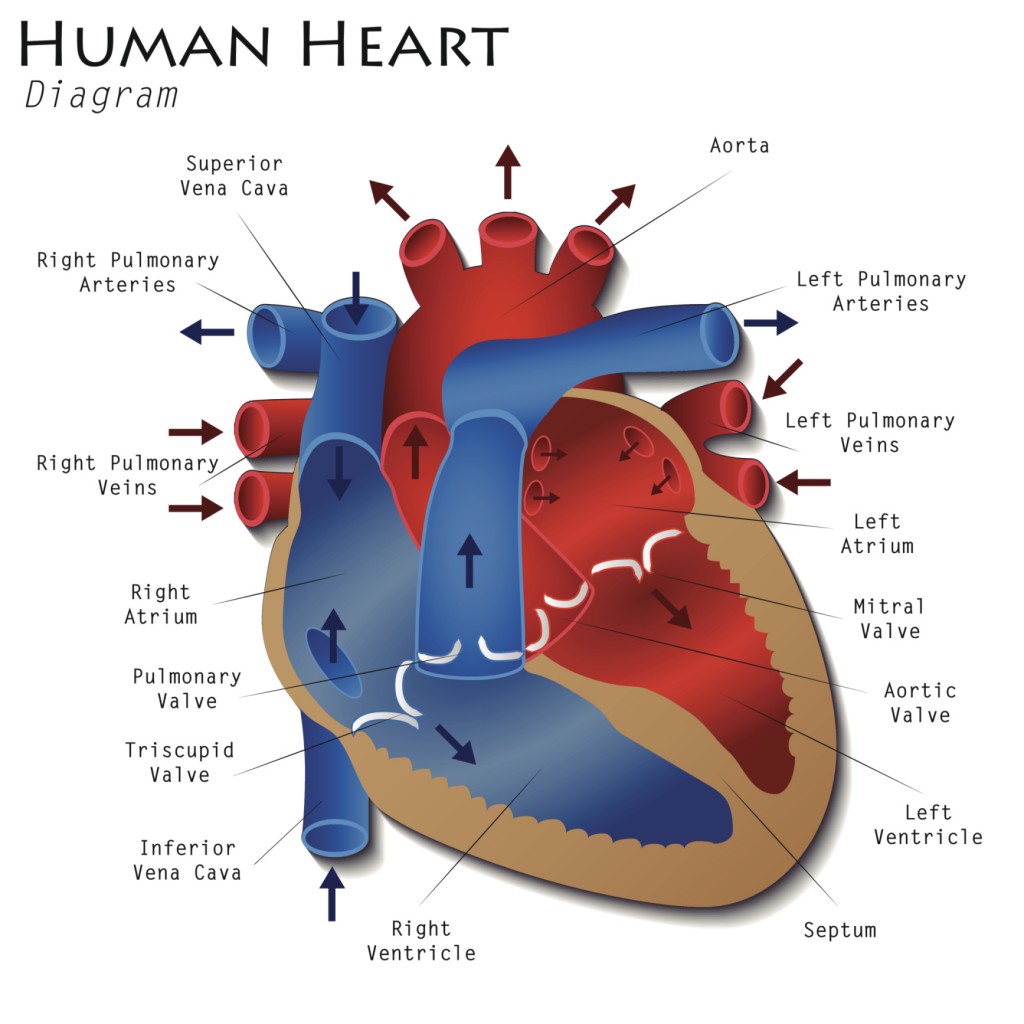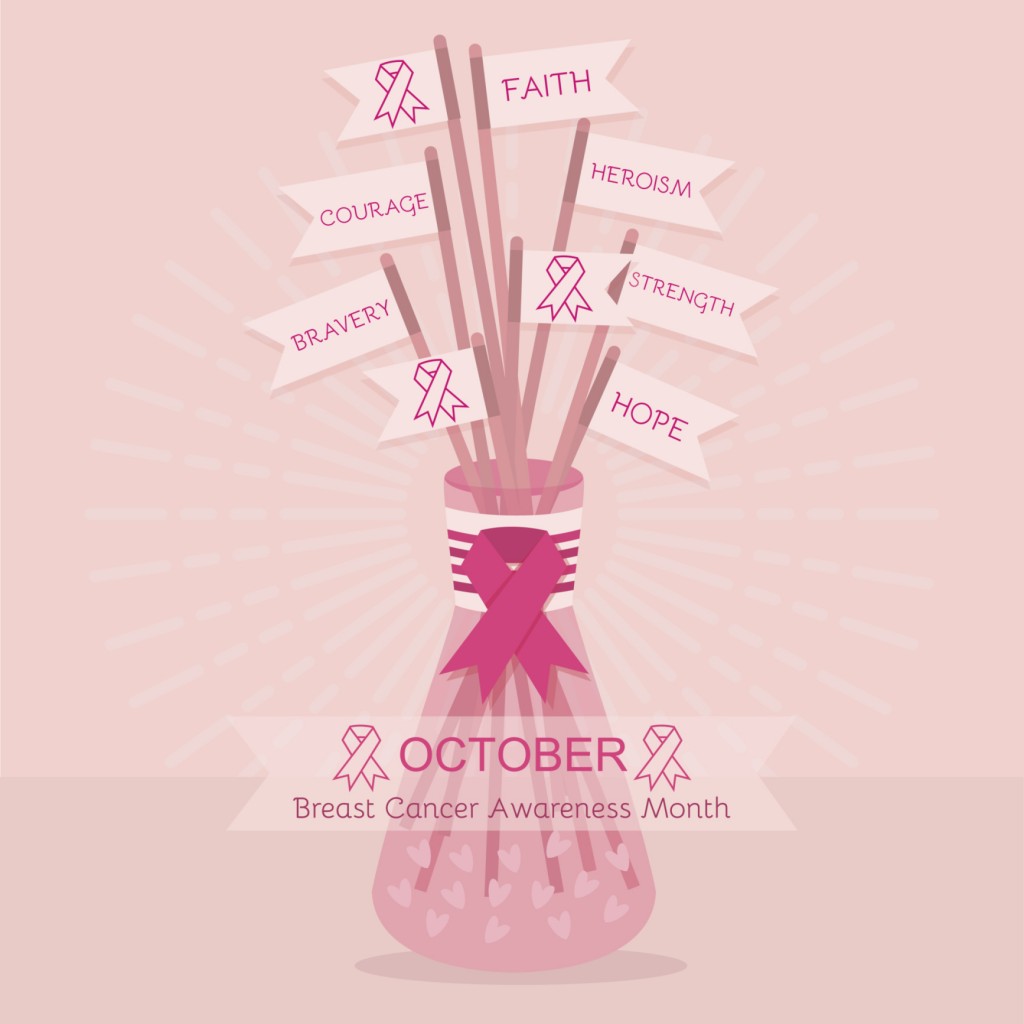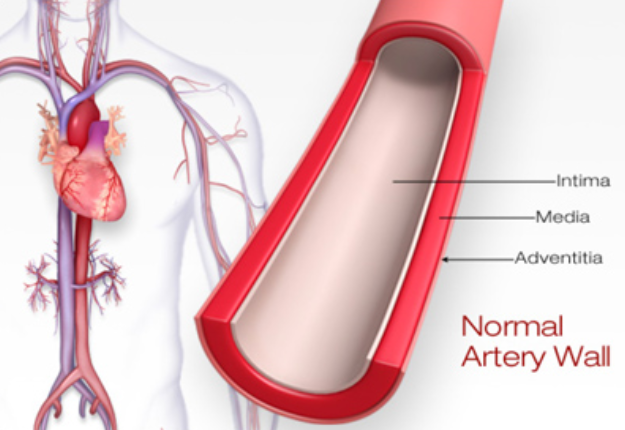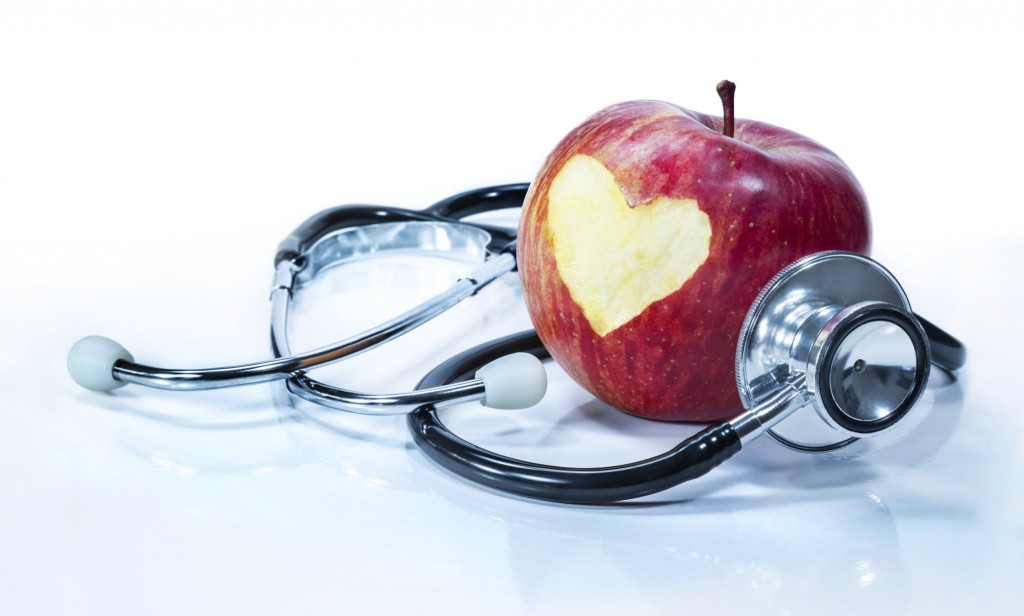
It may be the end of the month, but there is never a bad time to get heart healthy. According to the American Heart Association, a devastating 6.2 million Americans have heart failure. Scary, isn’t it? Fortunately, heart disease can often be prevented when people make healthy choices and manage their health conditions. Striving to live a heart healthy life can be simple if you’re dedicated. Simple changes in your lifestyle can make a big difference in your heart health. So, in honor of celebrating this very precious organ in our bodies, here are some ideas for getting you started toward a heart healthy life:
Schedule an appointment with doctor to talk about your heart health. It’s important to schedule regular check-ups, even when you’re not sick. You can partner up with your doctor to set goals to improve your heart health.
Add exercise into your daily routine. You could start the day off by talking a 15-minute walk, 3 times a week. Then slowly begin to increase your time to 30-minute walks, 3 times a week.
Increase healthy eating. Sure, it’s easy, but why not try to cook heart healthy meals at least 3 times a week to help balance your diet out? Also make your favorite recipe lower in sodium by swapping out salt for fresh or dried herbs and spices.
Take the first step to quit smoking. If you smoke, quitting can lower your risk for heart disease and stroke. This isn’t news to anyone.
Take your medication as prescribed. If you have high blood pressure or cholesterol, talk with your doctor about your prescribed medication. If you’re having any issues taking your medication or have any side effects, contact your doctor.
If you would like more information on your heart health, contact Dr. Gordon C. Gunn MD at 714-912-2211 or visit www.gordongunnmd.com to schedule an appointment today.
Dr. Gunn proudly serves Fullerton and all surrounding areas.

